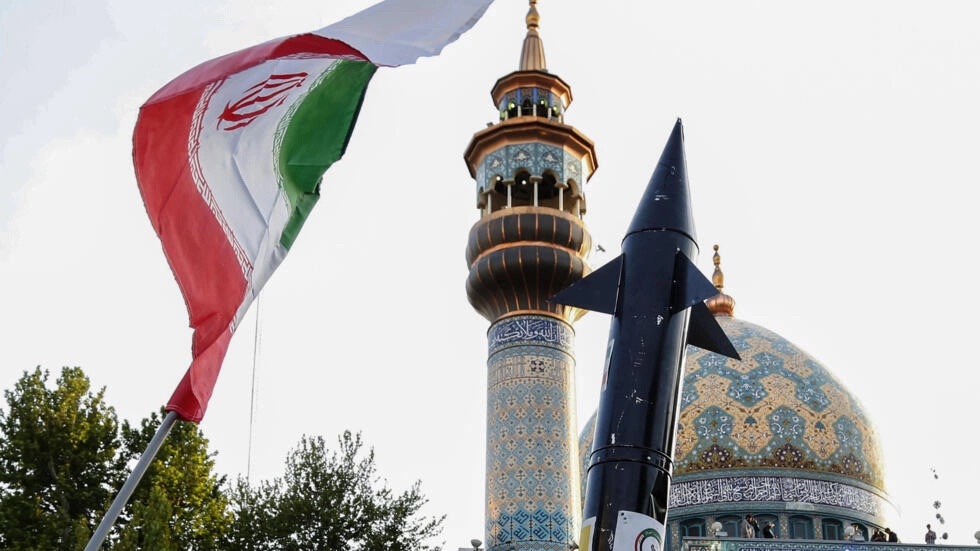Iran’s recent missile campaign targeting Israel has significantly heightened tensions in the region, with far-reaching consequences that extend beyond the Middle East. The Islamic Republic’s decision to supply Russia with military support in its conflict with Ukraine serves to amplify these concerns for both Europe and the Middle East.
The acquisition of hundreds of Iranian Fath-360 missiles by Russia represents a pivotal shift in the dynamics of the ongoing war in Ukraine. These tactical missiles, comparable in range, precision, and mobility to the U.S.-made HIMARS systems, provide Russian forces with a critical advantage on the battlefield. Secretary of State Antony Blinken has highlighted that this bolstering of Russia’s short-range firepower allows it to reallocate its own missiles toward longer-range targets, thus amplifying the threat faced by Ukraine. As Russia intensifies its use of glide bombs, cruise missiles, and drones, the potential for even more devastating attacks this winter looms large, putting immense pressure on Ukraine’s air defenses and infrastructure.
The extent of Russia’s need for Iranian assistance underscores a significant miscalculation and lack of preparedness by President Vladimir Putin regarding the invasion of Ukraine. Iran’s involvement not only aids Moscow in its military endeavors but also reinforces its ambitions to escalate hostilities against Ukraine and challenge NATO’s support for Kyiv. The Iranian regime, particularly the Islamic Revolutionary Guard Corps, is expected to gain substantial benefits from this collaboration, including crucial technical insights from the combat deployment of these missiles that could enhance its military capabilities against U.S. and Israeli air defenses.
Iran’s military strategy has increasingly evolved to include direct assaults on Israel, with its past attacks serving as a foundation for the recent missile strikes. This tactical cooperation is mutually beneficial; while Iran seeks to bolster its defenses and capability against U.S. adversaries, Russia gains valuable operational data that may improve its own military efficacy in Ukraine. The partnership is indicative of an ongoing trend of deepening ties between Iran and Russia, suggesting an avenue for shared military intelligence and operational support that could extend into more significant areas, including future threats to both Ukraine and Israel.
Moreover, this missile transfer is emblematic of burgeoning cooperation between several global adversaries, including Russia, Iran, China, and North Korea. This coalition has increasingly collaborated to evade Western sanctions and bolster military supply chains, posing a real risk to nations like Ukraine, Israel, and potentially Taiwan.
The implications of this developing cooperation extend further, particularly in the context of Iran’s ongoing nuclear ambitions. As Tehran strengthens its military ties with Russia, there are concerns that similar support could emerge for North Korea’s nuclear infrastructure, thereby escalating global threats.
Amid these escalating tensions, the U.S. and European Union’s responses to Iranian aggression—including sanctions on specific officials and airlines—appear insufficient to deter continued provocations. The nature of Iran’s recent actions suggests a willingness to disregard international warnings related to its nuclear program and proxy warfare, indicating the need for a more robust strategy to counter its ambitions.
Thus, the urgency for a coordinated response against Iran and its partnership with Russia is paramount. The United States and its allies must consider reinstating stringent UN Security Council sanctions regarding Iran’s arms dealings and recommitting to previously threatened sanctions on its financial sectors to diminish Tehran’s capacity to operate freely.
In this increasingly precarious environment, the need for practical support to allies like Israel and Ukraine is clear. Providing crucial munitions and permissions for these nations to neutralize Iranian missile threats is essential for maintaining regional stability. Only through decisive action can allies hope to curtail Iran’s destabilizing efforts in both the Middle East and Europe.





